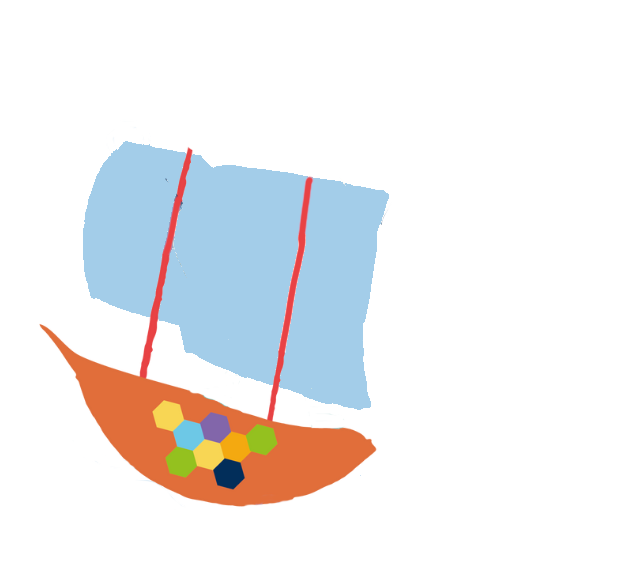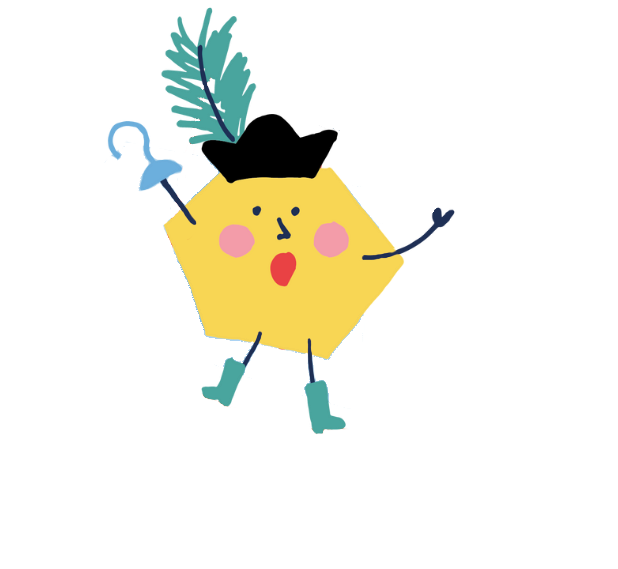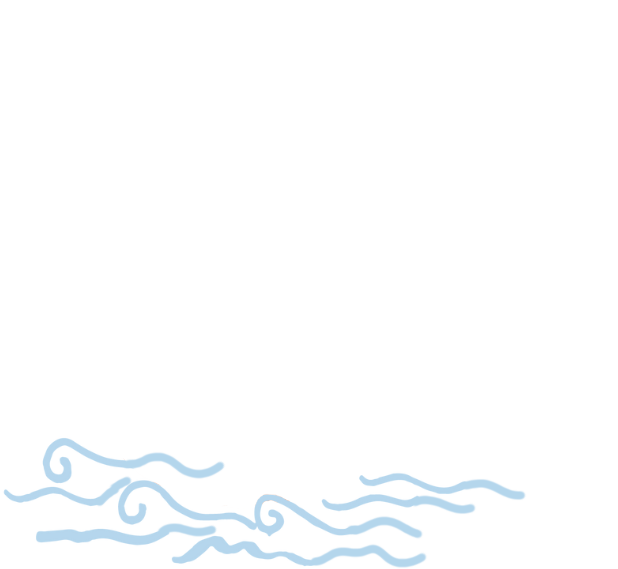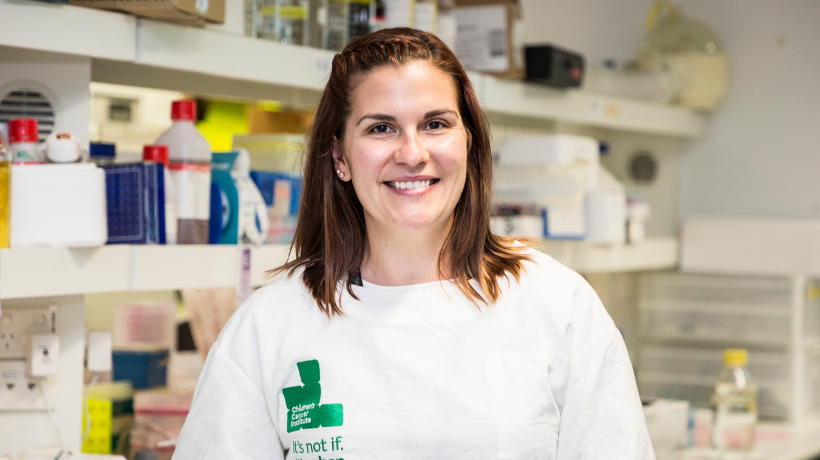
With a five-year survival rate of less than one percent, the brain tumour known as ‘DIPG’ is one of the deadliest cancers. Researcher Dr Dannielle Upton and her colleagues hope to change that.
For children with diffuse intrinsic pontine glioma (DIPG), and for their families and friends, the diagnosis is devastating. DIPG offers no hope of survival. It is considered incurable.
DIPG typically affects children aged five to seven who are otherwise perfectly healthy. The duration of symptoms is very short and life expectancy is counted in months.
One of the problems facing researchers in the past was a lack of tumour samples. This was solved partly thanks to the work of Associate Professor David Ziegler, Group Leader of the Brain Tumours Group and his research team at Children’s Cancer Institute.
Read more: Behind the science: Professor David Ziegler.
Now research officer Dr Dannielle Upton, one of Ziegler’s trusted colleagues at Children’s Cancer Institute, is carrying out a study to further enhance knowledge around potential therapies to combat the aggressive cancer. Upton explains:
Being able to biopsy tumours and learn more about them has meant research in Australia has started to take off...We were the first group in Australia to start research into DIPG, and there are other groups now engaged in this research as well.
That’s important, because we really need to change the statistics from it being incurable, to not just prolonging life but curing this cancer as well.
The long road to a research breakthrough
Previously Ziegler, Upton and their colleagues worked painstakingly through more than 3,500 clinically available drugs to test them against DIPG samples.
Most had no effect, but a few did. Of those few, some were unable to cross the blood brain barrier, so would be useless against DIPG. One drug that ticked all the boxes was Auranofin, originally developed to treat rheumatoid arthritis.
I was sceptical, at first...We started in a culture dish, looking at whether it could inhibit growth of the DIPG cells, and it did. That was promising.
We looked at it against healthy brain cells to check that it wouldn’t affect the healthy tissue around the tumour, and it didn’t.
I’m no longer cynical – I’m a believer!
- Dr Dannielle Upton
Find out more: Targeting the thioredoxin system as a novel strategy for DIPG.
Taking the next scientific steps
The Kids’ Cancer Project has funded the next steps in this powerful study. The project is being managed by Upton, following on from her deep involvement in the previous studies. Upton continues:
We want to further develop Auranofin and work out exactly how it’s working against DIPG...Once we know that, we’ll be able to work out the best pathway, or the best combination of drugs.
It’s unlikely that a single agent will be a cure for DIPG, as often resistance will develop with single agents. Developing a combination therapy and being referred into a clinical trial for DIPG is my first goal.
Funding engages good researchers in great research
Although she is five years beyond earning her PhD and has spent time as a reproductive biologist studying female reproduction and cancer (“I worked my way up, from looking at reproduction down at the lower end of the body to working up at the brain,” she laughs), Upton is still considered an early-career researcher. She explains:
As such, it’s really competitive to get funding from government agencies...In fact, I have been unsuccessful every time I’ve tried for government funding so far.
Grants like this let early career researchers get our foot in the door. They help us to push our own research and grow our independence. They give us project management skills and help us grow as researchers and establish ourselves in the field of brain cancer research or DIPG research.
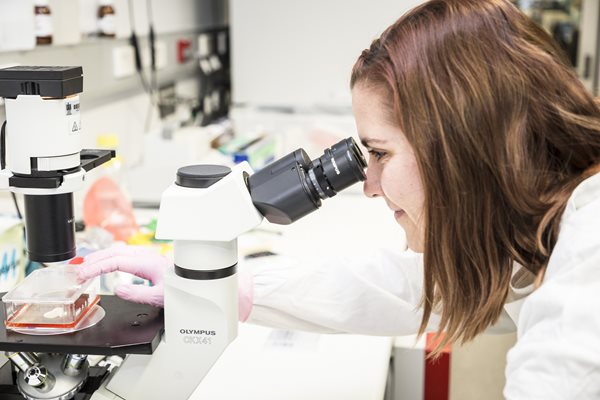
It’s extremely important and truly exciting to have the support of a fantastic organisation like The Kids’ Cancer Project that raises funds for such a vital research area.
- Dr Dannielle Upton
As you probably know, big pharmaceutical companies have little interest in developing drugs for kids’ cancer.
Research grants help to keep smart, passionate people in the field of kids cancer research, Upton says. Without funding, these researchers would have to find work elsewhere. Losing good research scientists from the field of kids’ cancer only has one result – the loss of children’s lives.
I have a supportive supervisor in David Ziegler who encourages researchers to grow their independence and apply for grants...Because of donors to The Kids’ Cancer Project, I also have foundation funding early in my career and can progress some very important work. For those reasons, I am forever grateful.
Dr Upton's important work into DIPG will be supported by Pirate Day 2022. This is an annual, national day of dressing up for a good cause.
Say Ahoy on Pirate Day
Don your swashbuckling best this May and collect treasure for childhood brain cancer research.
